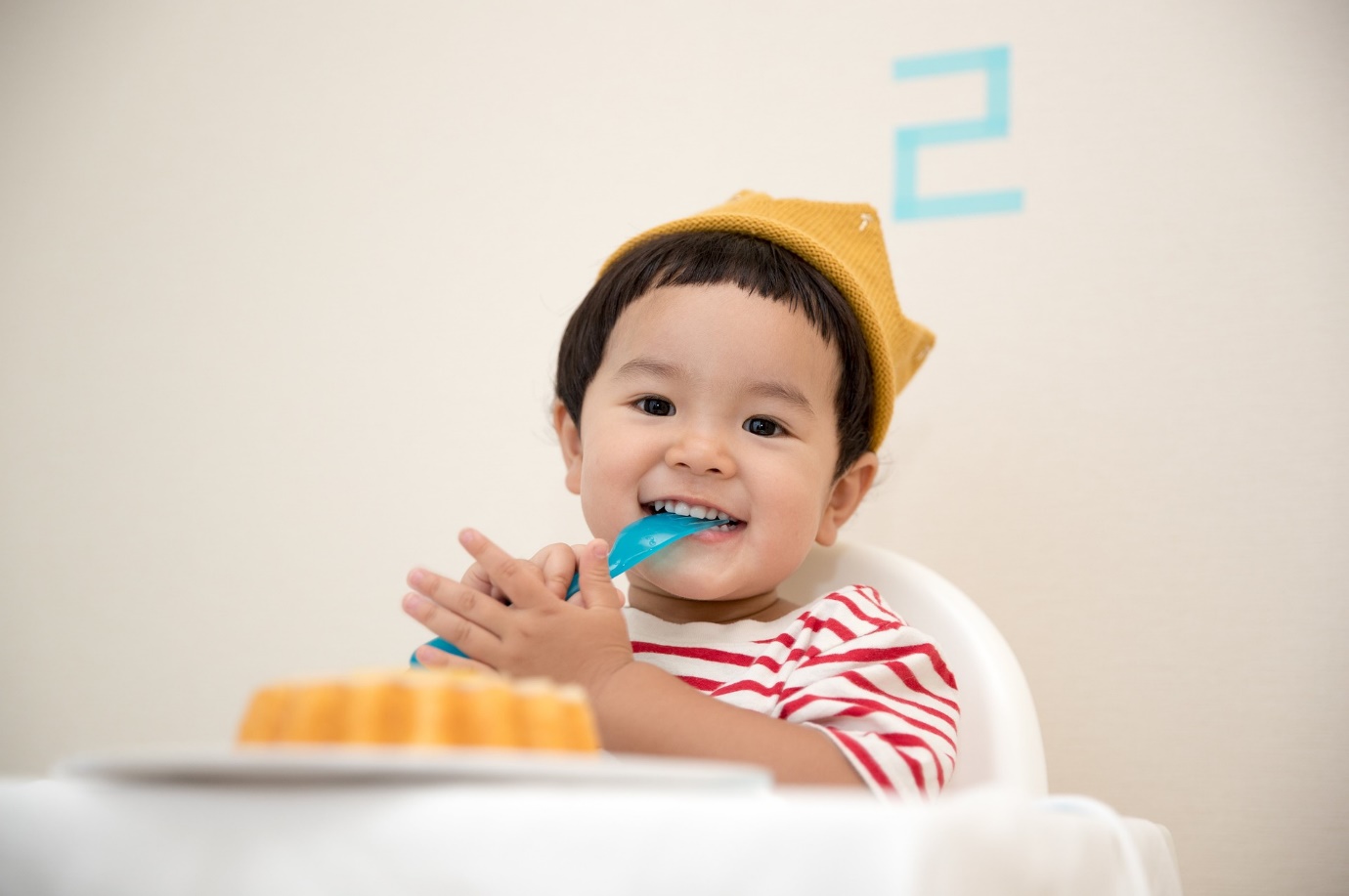Trying to boost kids immunity? Pandemic or endemic, this COVID-19 virus will be lurking around for some time. Children’s immune systems are still developing so we try to help strengthen their body’s natural defence to protect them.
Here are some ways we can power up our children’s immunity to fight against the virus:

9 Ways To Boost Kids Immunity
1: Eat immunity-boosting foods
Load up on foods that are high in antioxidants and vitamins such as vitamin C and zinc as they work together for immune defence and help to maintain good health. Besides tackling the common cold which children pick up easily in preschool, they help to improve recovery too. Regardless of homecooked dishes or healthier takeaway meals, a balanced diet that consists of wholegrains, proteins, fruits and vegetables fuels the body with essential nutrients. Offer children with foods such as chicken, eggs, different nuts like almond, walnuts and multi-coloured veggies to enjoy their goodness.
2: Load up on kids-friendly supplements
Some kids might be pickier when it comes to food and thus do not get adequate nutrients to boost their immune system. Children’s supplements help to fill nutritional gaps and ensure that they are obtaining the vitamins and minerals. Look out for multivitamins for children, probiotics and vitamin C with zinc to support healthy guts and good immune health. Elderberry is also a popular immunity booster for kids which is also available at our local pharmacy or personal care stores.
Jenelle’s immunity-boosting tips: I give my boy vitamin gummies every morning before he goes to school, and occasionally, kid’s probiotics too. You can choose kid’s supplements that do not include added sugar, colourings or additives, if you’re not comfortable with those.
3: Drink sufficient fluids daily even if your child is indoors or at home
Water is not the best-tasting liquid so it’s common that kids may not reach out for their water unless they’re feeling thirsty. Besides water, offer them soups, fresh juices or dishes that come with soups such as Bee Hoon Soup. Now that we’re home most of the time, it doesn’t mean we should reduce fluids intake despite not perspiring. Water is essential to keeping our bodies healthy so do remind kids to take a water break every hour or so.
4: Avoid going to crowded places
With social gatherings reduced, it would be wise to keep our kids at home where possible since they are more vulnerable and susceptible to viruses and bacteria. Of course, there are occasions where our kids must come with us when running errands or when taking them to and from classes, do ensure social distancing is practiced.

5: Keep active at home
It’s easy for kids to say that they’re bored at home. Reaching out for snacks like processed foods and sugary treats may increase, so do stock up on healthy snacks like fresh fruits, nuts, yogurt, cheese sticks, dried fruits and cereal instead. Keep little hands and feet occupied by doing home workouts, play a game of treasure hunt, or simply tune in to videos and do yoga together! There are so many fun ways to keep active with kids at home!
6: Get some outdoor time
Besides the benefits of managing myopia, outdoor time is the best source of vitamin D, thanks to Mr Sun! In fact, a deficiency in zinc and vitamin D can have a negative impact on immune function and their teeth and health. Weave in some time for sunshine during off-peak timings at open spaces so kids can run around and soak in the fresh air too. Here is a list of family-friendly places to explore with children!
Jenelle’s food tips: There are vitamin-D-rich foods too – you can prepare salmon, eggs, plain whole cow’s milk, formula milk, sardines, tuna and yogurt for children’s meals.
7: Practice good hygiene habits
By now, children are already familiar with the routine of hand washing, hand sanitising and masks on. Kids will be kids and it’s normal that they do not follow these habits to a T – just like adults. To minimise hygiene lapses, nudge your little ones with reminders especially when they’re out of the house. As a mum, I understand why other parents often remind their kids sternly with “don’t touch the railings! Keep your hands to yourself when we’re in the supermarket!” and more. It’s our way of protecting our children.
8: Have enough, quality sleep
Some children may lament that sleep is ‘boring’, and fight naps or end up sleeping late especially on weekends or during the school holidays. Getting good quality sleep is important for growing kids, so that their developing bodies can rest, repair and regulate their immune system. It helps them to stay more alert the next day too.
Based on a sleep recommendation by the Health Promotion Board: “Newborns (0 to 3 months old) need at least 14 to 17 hours of sleep per day, whereas an infant (4 – 11 months old) need at least 12 to 15 hours of sleep per day. A toddler (1 to 2 years) will require 11 to 14 hours of sleep a day. A pre-schooler (3 to 5 years) needs about 10 to 13 hours a day. The amount of sleep a child of school age (6 to 13 years) needs is around 9 to 11 hours a day.”
Having said that, a guide is a guide, so do remember that every child is different too. Just like when it comes to eating, some kids are food connoisseurs while others are selective eaters. A similar analogy can be drawn for children’s sleep too – some may need more naps while others are good with clocking in lesser hours at bedtime than expected.
Stay healthy and stay safe, everyone! Just remember that we’re all on this life and parenting journey together.



